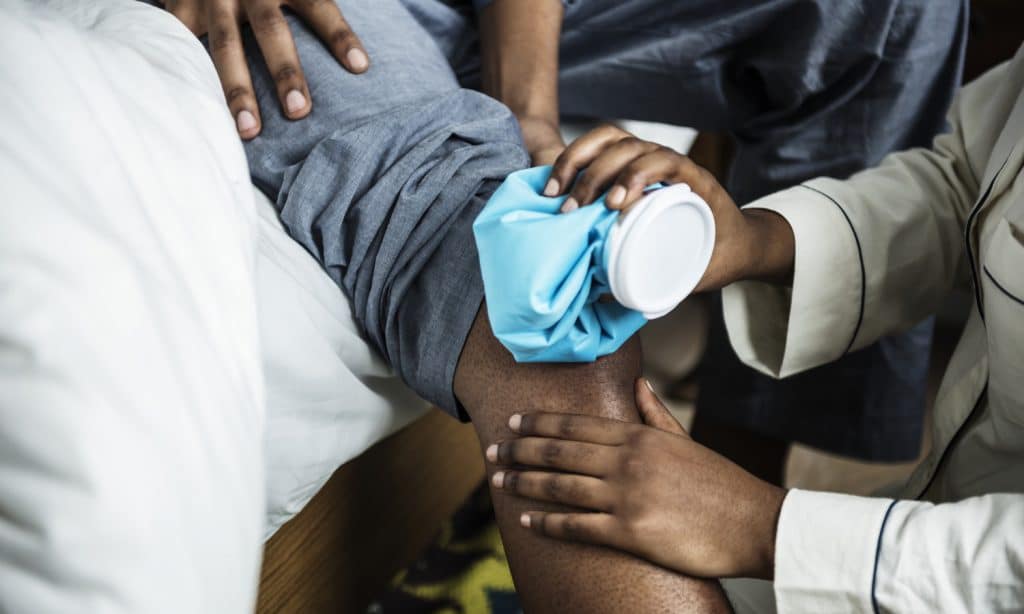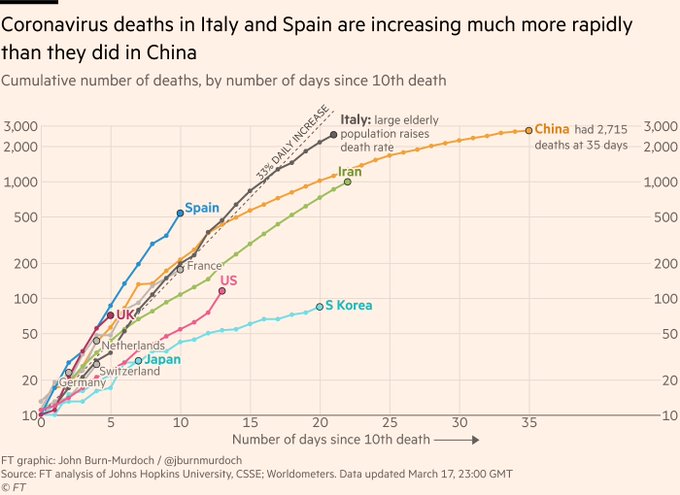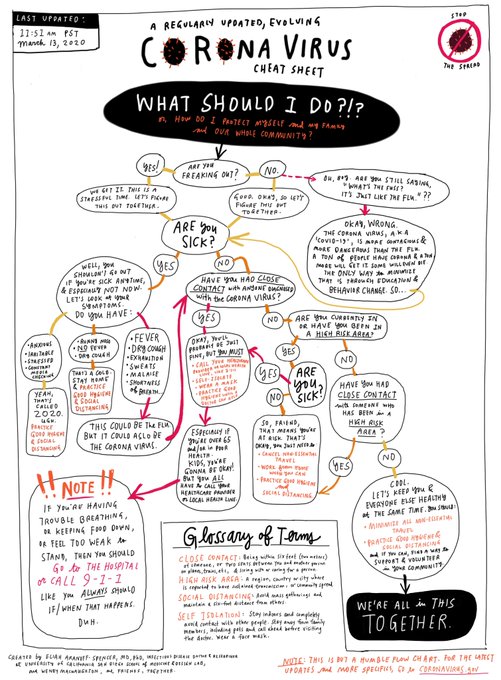Governor Andrew Cuomo said, during a Tuesday press conference about COVID-19, there was "too much, too little time" for adult use cannabis legalization.
Alyson Martin
As hours remained before the state budget deadline, New York Governor Andrew Cuomo confirmed during a Tuesday press conference about COVID-19 that adult use cannabis legalization through the budget is “not likely.”
When asked by a reporter whether there was a budget deal that included legalization, Cuomo said it was “not likely,” adding that there is “too much, too little time.”
Key lawmakers involved in budget negotiations signaled to Cannabis Wire similar sentiments: that legalization is a no-go, at least for now.
Sen. Liz Krueger, who represents the east side of Manhattan, is perhaps the single strongest cannabis legalization supporter in the legislature. When asked Monday where legalization discussions stood hours before the budget deadline on April 1, Krueger’s spokesperson Justin Flagg told Cannabis Wire, “Well, nothing is done until it is done, but the Senator has said previously that the Governor’s staff essentially took marijuana off the table weeks ago.”
Cuomo first tried to legalize cannabis through the budget in 2019. While negotiations between Cuomo and top lawmakers failed by the budget deadline, and lawmakers alone also failed to come to a consensus by the session’s end, the public debate over legalization shifted: it was no longer a matter of if New York would legalize adult use, but how. Among the reasons that legalization efforts failed in 2019, for example, was disagreement over equity provisions, and specifically how to repair harms caused by the disproportionate enforcement of cannabis laws in communities of color.
Assembly Majority Leader Crystal Peoples-Stokes, who represents parts of western New York, including the city of Buffalo, remained vocal last year as lawmakers tried to hammer out these specific details. This year, coronavirus concerns have pushed most other issues off lawmakers’ plates.
“Unfortunately, the Majority Leader is not commenting on [legalization] as it relates to the budget negotiations at this time,” Kevin Jolly, press secretary for Peoples-Stokes, told Cannabis Wire on Monday. “While lawmakers are working diligently to pass a budget, they’re also focused on doing everything they can working with the Governor and in their respective districts to ‘flatten the curve’ of this pandemic.”
On March 16, when asked about legalization discussions, Jolly indicated to Cannabis Wire that coronavirus concerns had taken center stage with lawmakers.
“Right now, everything is fluid as it relates to the state budget process; the Majority Leader is working alongside her fellow lawmakers to make sure that despite this public health crisis, that government continues to function and be funded to provide both necessary daily and emergency services,” Jolly said.
State Sen. Diane Savino, who represents areas of Staten Island and Brooklyn, told Cannabis Wire on March 19 that, “In light of the current crisis, there does not seem to be any appetite to take up issues that are not either related to the relief efforts, or the spending plan. As such, the issue of the adult use marijuana proposal has been withdrawn from discussion by all parties. I really have no idea what the next step will be and doubt they do either.”
In late January this year, Cuomo again placed adult use legalization among his legislative priorities in his budget plan.
“Legalize adult use cannabis,” Cuomo said during his January 21 budget address. “I believe it is best done in the budget, I said that last year. I believe the budget is the opportunity, frankly, to make some tough decisions and work through tough issues that without the budget can often languish.”
January was a very different time for New Yorkers, long before the state became the eye of the storm in the US as COVID-19 spread. Since then, Cuomo’s focus has turned to daily briefings about the state’s desperate need for more ventilators and masks, pop up hospital tents in Central Park, and the USNS Comfort, a 1,000 bed ship that arrived in New York on Monday to help relieve the city’s medical centers, which are bursting with patients. By Monday evening, the state had recorded 67,227 positive cases of coronavirus, and 1,342 deaths related to the virus.
What’s next for legalization in New York? The 2019 effort pivoted from the budget to the legislature. That could happen this year, too, though many legislatures have suspended or reduced activity for the near future, and are focused on COVID-19 response, not cannabis,as Cannabis Wire has reported.
Krueger’s “plan B remains the same,” Flagg, Krueger’s spokesperson, told Cannabis Wire. Krueger “has always said that it’s important not just to get legalization done, but to get it done right. If it can’t get done in the budget in the middle of a public health crisis that is also a fiscal crisis, there is no reason the legislature can’t negotiate and pass a nation-leading legalization model when the immediate crisis is over.”
Cuomo has also pushed for a “northeast approach” to legalization and vaping policies, urging lawmakers and governors in states like Connecticut, Pennsylvania, and New Jersey to link arms to form similar rules for cannabis. To this end, Cuomo held a cannabis policy summit in October in Manhattan.
In short, lawmakers expect a domino effect in the northeast when it comes to legalization. But while “there is a desire to do this,” Cuomo said during a news conference at the start of the Regional Cannabis Regulation and Vaping Summit in October, “the devil is in the details. It can be a positive if done right, negative if done incorrectly.”





